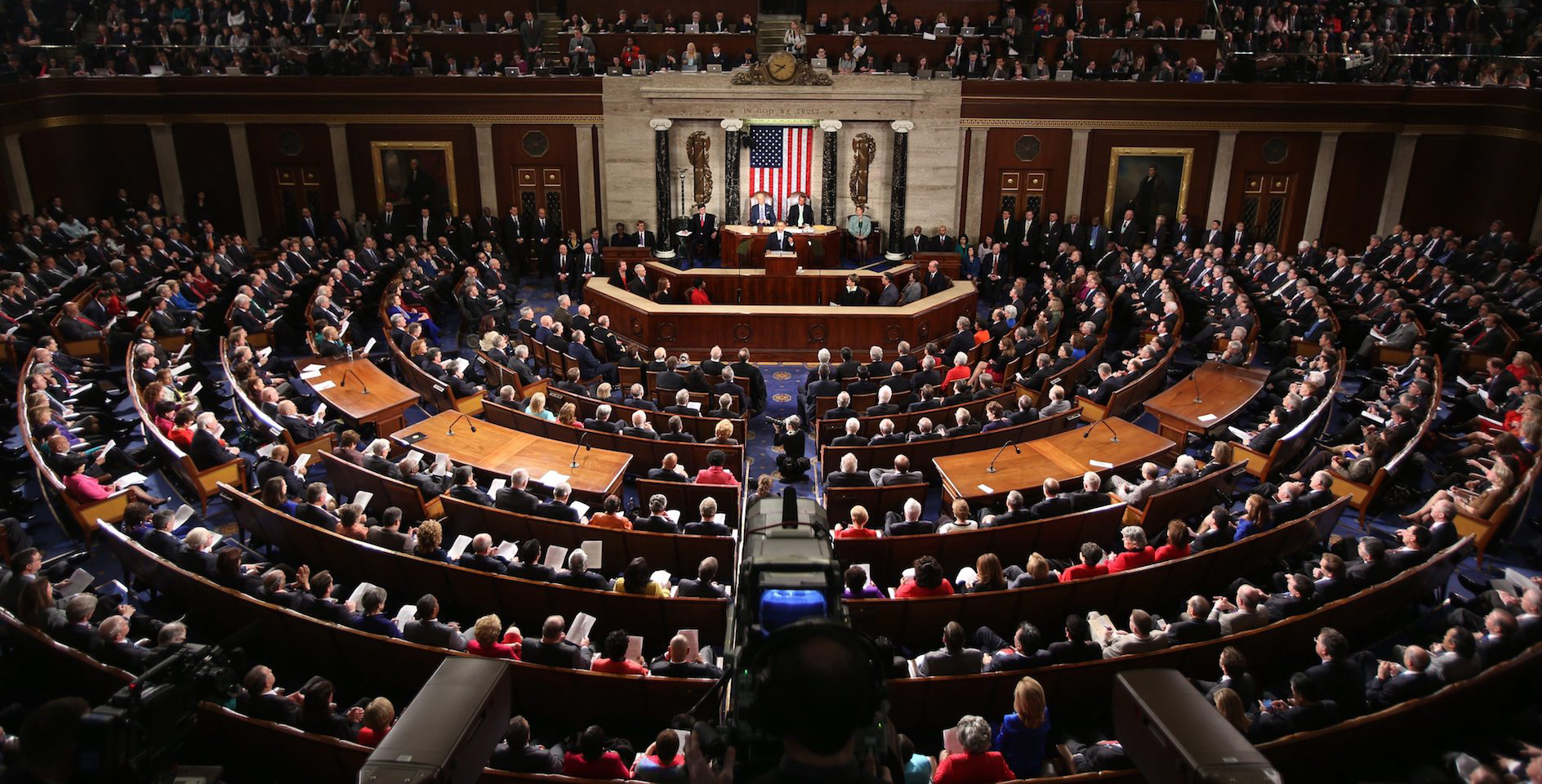There’s good news out of Louisiana. Last night, Governor Bobby Jindal vetoed a surrogacy bill. This is now the second time that Jindal has used executive authority to override surrogacy legislation.
The bill was written with far greater restrictions in place than the one vetoed in the 2013 session. By all accounts, the bill was offered as a compromise of sorts. Still, the proposed legislation communicates a system of values that devalues both motherhood and childbearing. The surrogacy worldview, while issuing from good intentions no doubt, works to advance our never-ending addiction to medical enhancement. It also reinforces our technocratic will-to-power obsession with overcoming the limits of the human body.
As Jennifer Lahl notes, “Women are Mothers Not Breeders.” According to Lahl of the Center for Bio-Ethics,
This bill [in Louisiana] will allow only altruistic surrogacy between married heterosexual couples who need a surrogate for medical reasons (not for social or lifestyle choice). The conservative right wants only married moms and dads with the help of a benevolent “third-party” to have babies. The bill allows for no gamete donation, meaning the husband’s sperm and the wife’s eggs must be used; only the womb can be borrowed—not paid for—so that the “gift” of life is given.
[…]
The left is willing to accept this bill becoming law because they know that a wedge is in the door. Governor Jindal, when you sign this law thinking that “protections” are in place to safeguard those “traditional family beginnings,” please know this. The left will wait, but they won’t wait for long because “equality” and “non-discrimination” are the wind in their sails.
The question will be, why is it fine for married heterosexual couples to exploit a woman for free in order to have a baby if it’s not fine for others to do so? Why shouldn’t a woman be paid for this sacrifice of offering her entire body for nine months? If a baby is such a great good, why shouldn’t our laws and policies be structured in such a way that anyone who wants a baby can get one?
Lahl is exactly right. The bill in Louisiana, while problematic on its own, is also rife with other repercussions. As Wesley Smith notes, Jindal’s actions will ignite criticism from the LGBT community who insist that his veto eliminates the possibility of gay couples seeking alternative pathways to creating families, namely, through surrogacy.
Surrogacy works to engineer family life, but then works to revise the very terms of family life itself. This is the bill that revisionists toward the natural family need. This is the bill they’ll settle for, and are willing to pass in order to incrementally gain a foot inside the door. And once today’s revisionists gain notice of the law treating heterosexual couples “differently” than unmarried or homosexual couples, family revisionists will wield every legal mechanism possible to expand the possibilities of what this bill originally allowed for.
But this bill isn’t about homosexuality or gay couples. It’s ultimately about the type of moral ecology we’ll surround the family with. Behind every action is an attitude, behind every attitude is a belief; and the ethics of surrogacy are not consistent Christian belief. This is exactly what Russell Moore’s words signaled when wrote,
Legislation seeking to codify gestational surrogacy, while presumably intended as a compassionate response to infertile couples, is bad for both women and children. Even altruistic surrogacy, which seems like a loving and sacrificial gift, still severs procreation from the one-flesh union. Surrogacy of all varieties goes further by treating women and children essentially as objects of commerce; ultimately, it exploits women’s bodies and children’s lives. This is not the place for laissez-faire bioethics.
[…]
There are some things that shouldn’t be commodified, and a woman’s body is one of them.
Jindal’s actions are heroic. They signal his steadfast commitment to protecting the integrity of the natural family, and for that, he should be commended.
Yet vetoing a supposedly anodyne bill that intends to enrich family life for infertile couples will likely have political consequences. Jindal faces the very real possibility of his own Republican-controlled legislature voting to override his veto. But to the battle that may come over Governor Jindal’s veto: Don’t run from it. Conflict in defense of protecting the integrity of the natural family is one worth having. Technology may manufacture the possibility of children, but it does not guarantee or protect the dignity of begetting children.
Pope John Paul II said that a culture of life “means respect for nature and protection of God’s work of creation.” Protecting the integrity and dignity of women, mothers, and children by vetoing surrogacy legislation helps us move the needle a little bit more in the right direction.
Download a PDF of the veto letter.









